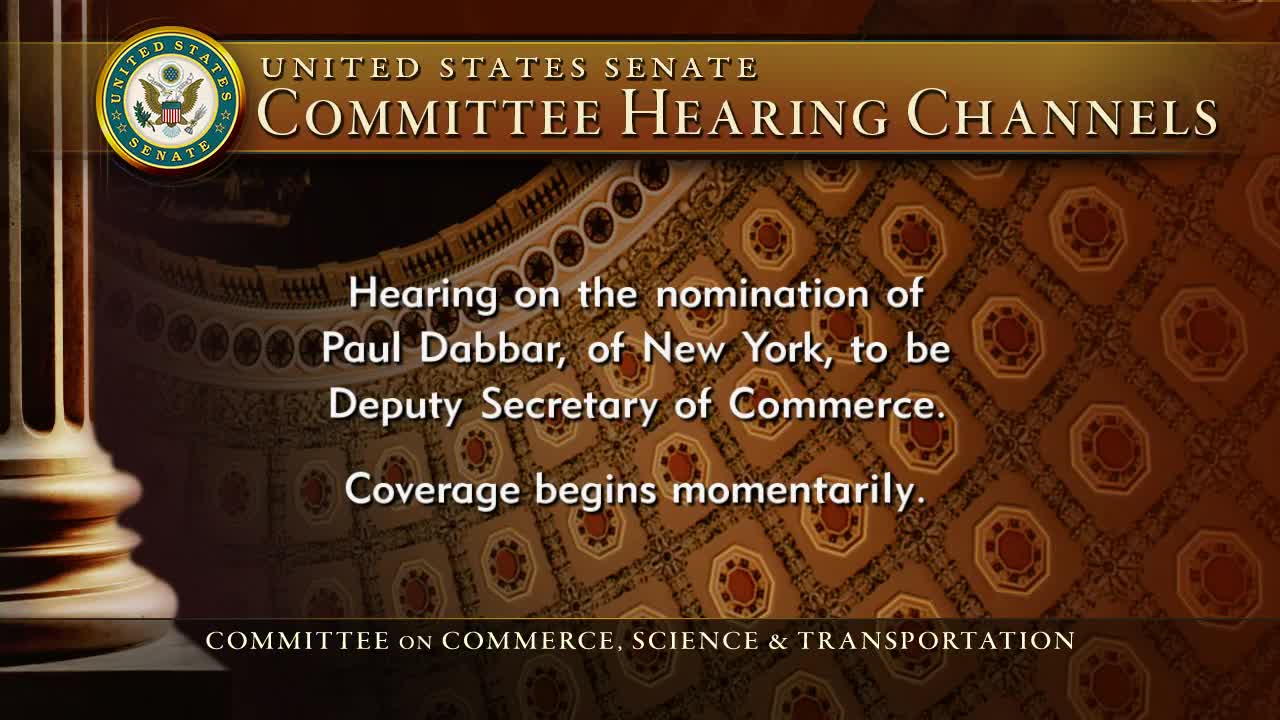Article not found
This article is no longer available. But don't worry—we've gathered other articles that discuss the same topic.
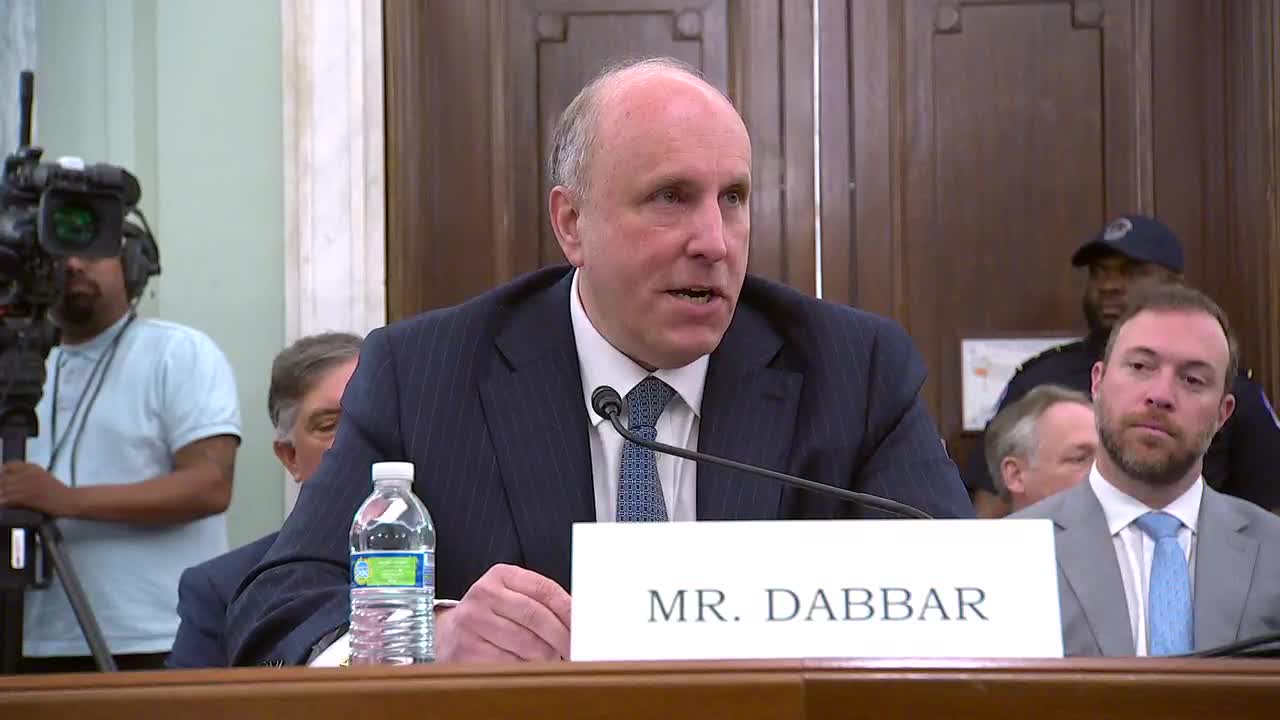
Senators press nominee on Commerce program funding, MEP renewals, tech hubs and contracting backlog
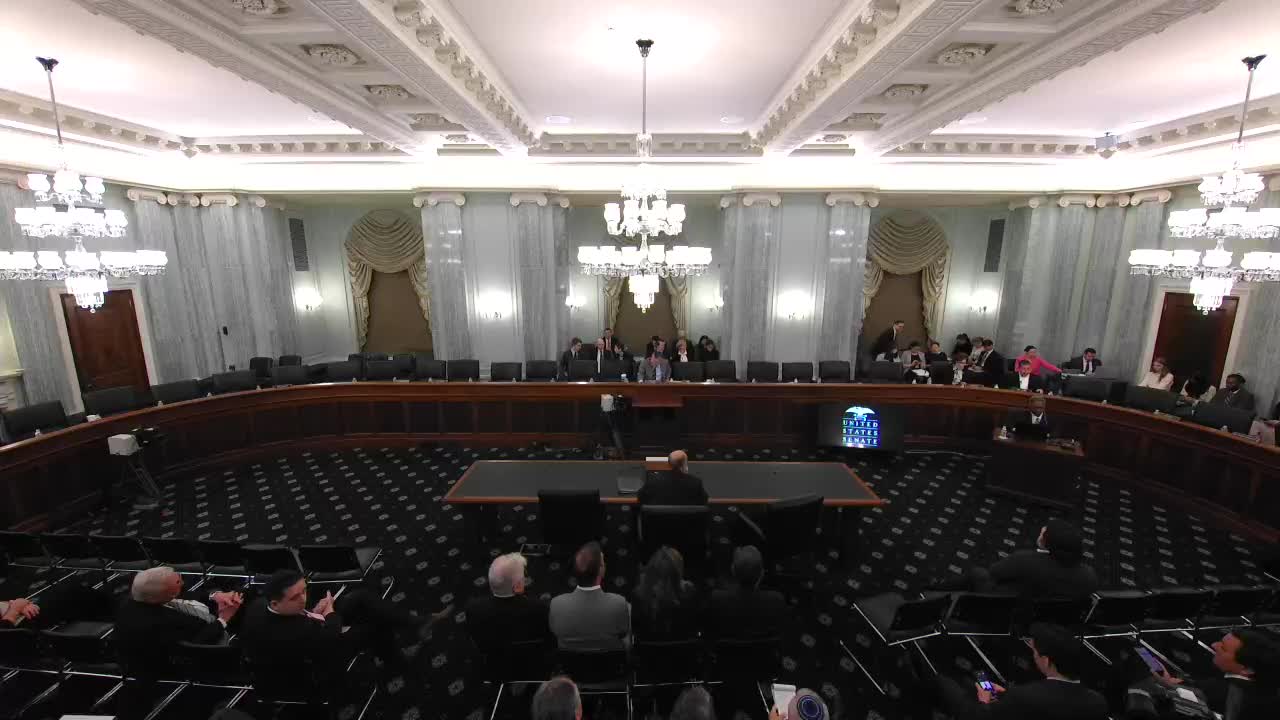
Senator Rosen presses nominee on frozen BEAD award for Nevada; DeBarr declines immediate commitment
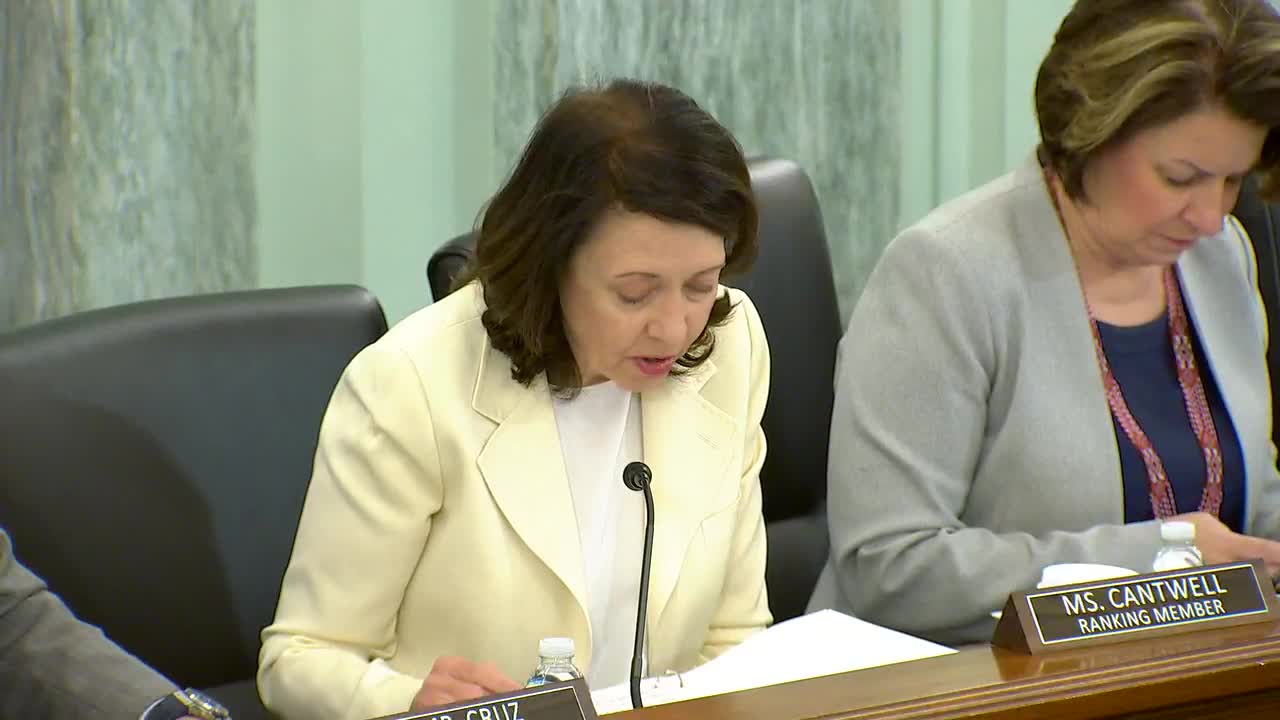
Alaska senators demand NOAA surveys, ask nominee to sign Oscar Dyson contract to avoid missed fish assessments
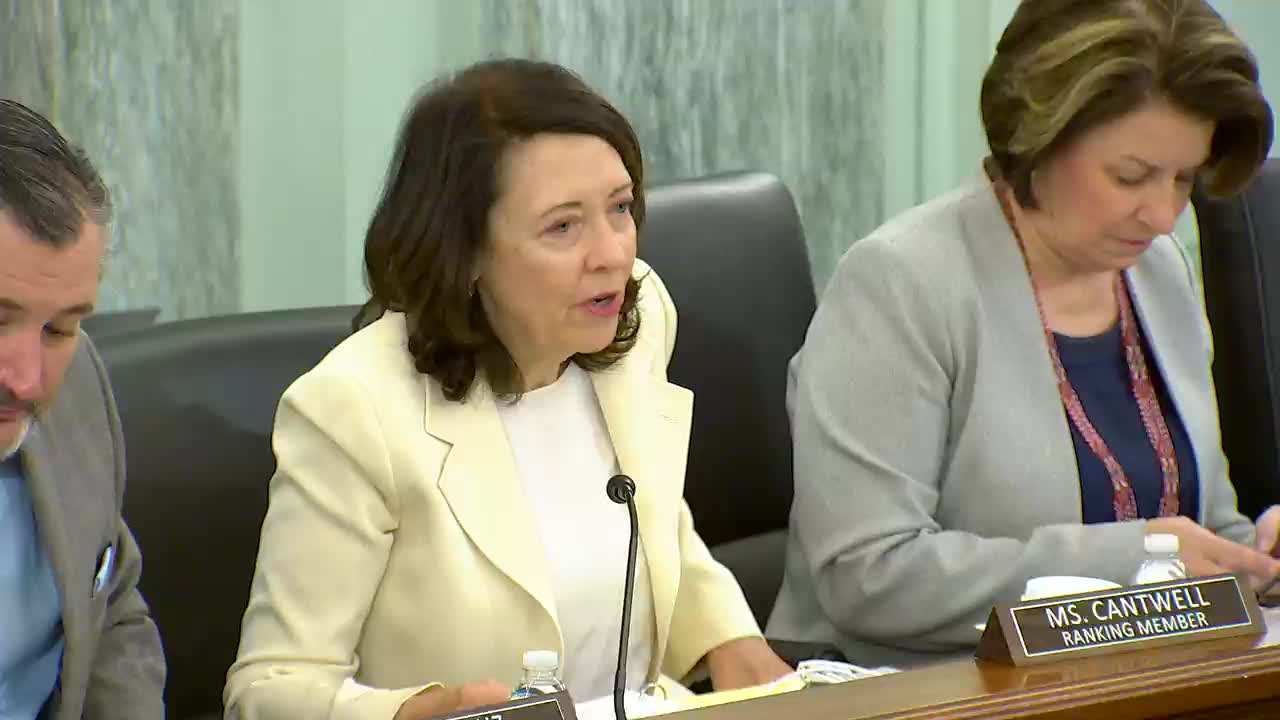
Senators press nominee to review dismantling of Minority Business Development Agency and terminated grants
